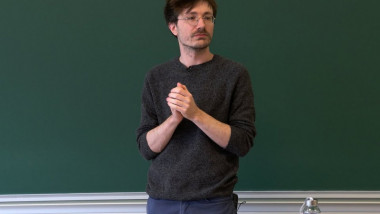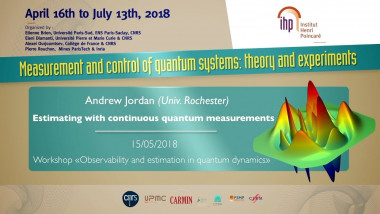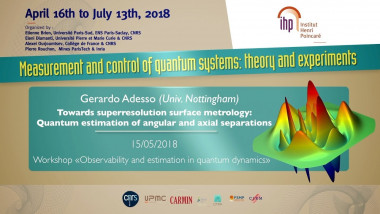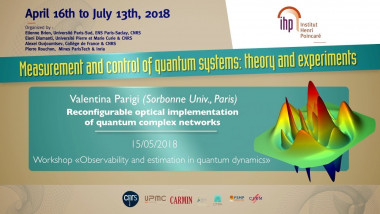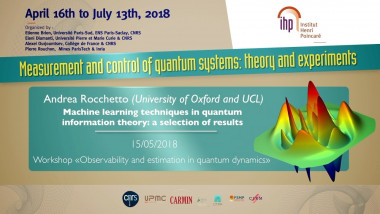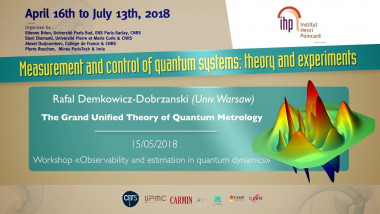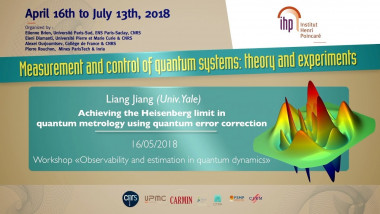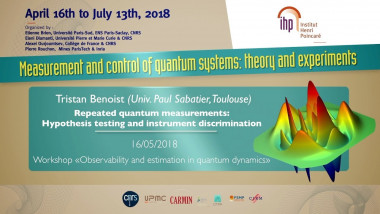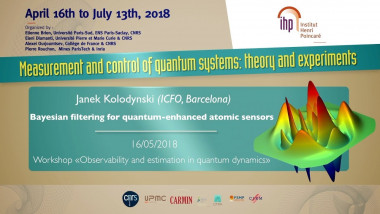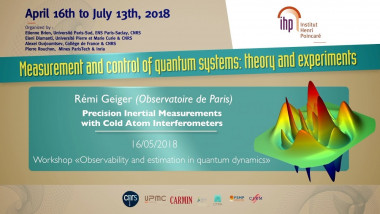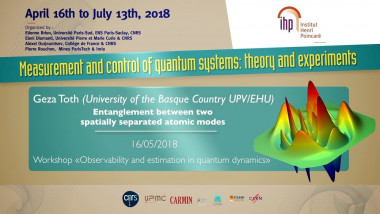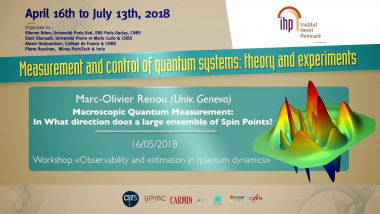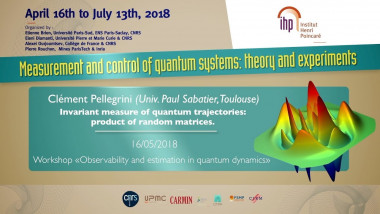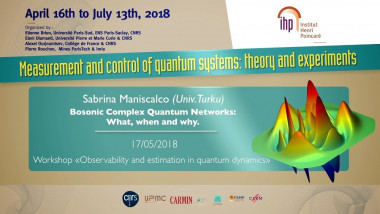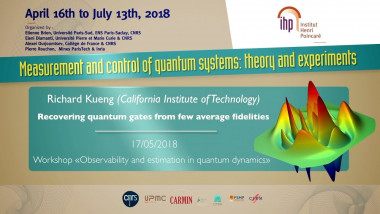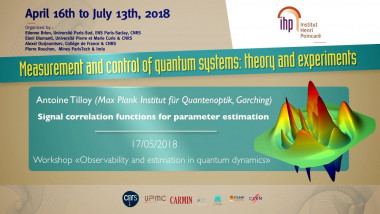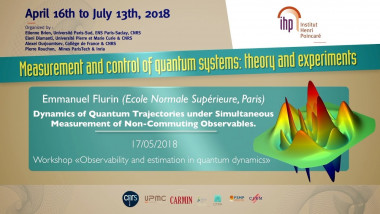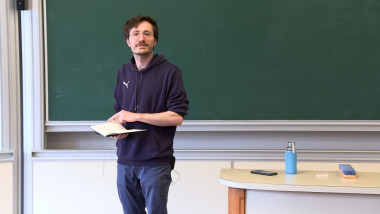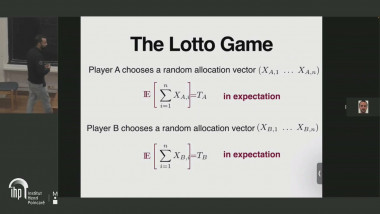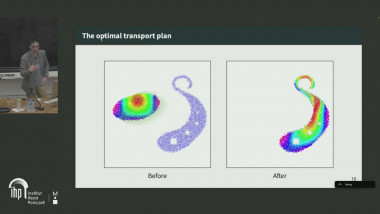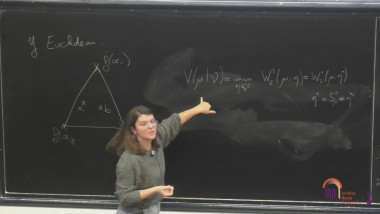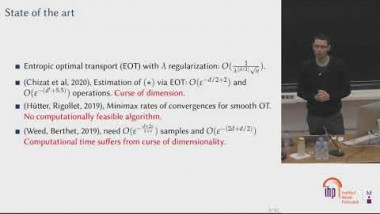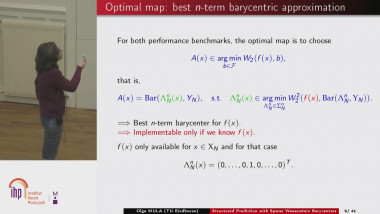Entanglement between two spatially separated atomic modes
By Geza Toth
First, a review is given on detecting entanglement with collective measurements in an ensemble of particles with a spin. We show the full set of such entanglement conditions called spin squeezing inequalities. We also show an entanglement criterion that detects multipartite entanglement, i. e. , the depth of entanglement, with collective measurements a multi-qubit Dicke state. The method has been used in a cold gas experiment, where a 28-particle entanglement has been detected [1]. In the second part of the talk, a method is introduced that detects entanglement between two halves of a multi-qubit Dicke state. It is based on a simple uncertainty relation with the collective angular momentum components, resembling the angle-phase uncertainty. Our entanglement condition takes into account the various imperfections arising in an experimental realization of the state, such as forinstance that the particle number varies from experiment to experiment. The criterion has been used to detect entanglement between two Bose-Eisntein condensates of cold atoms [2].

